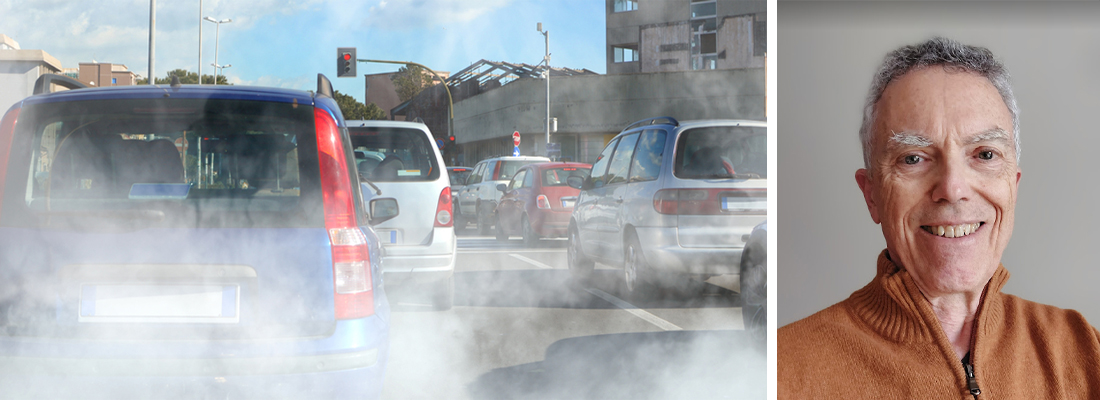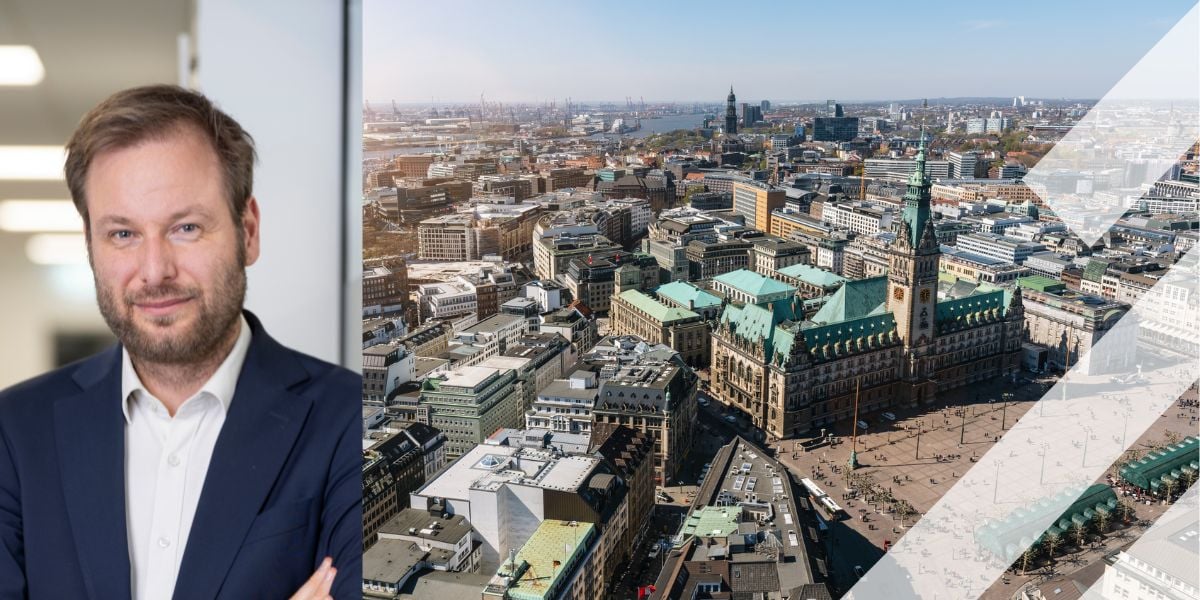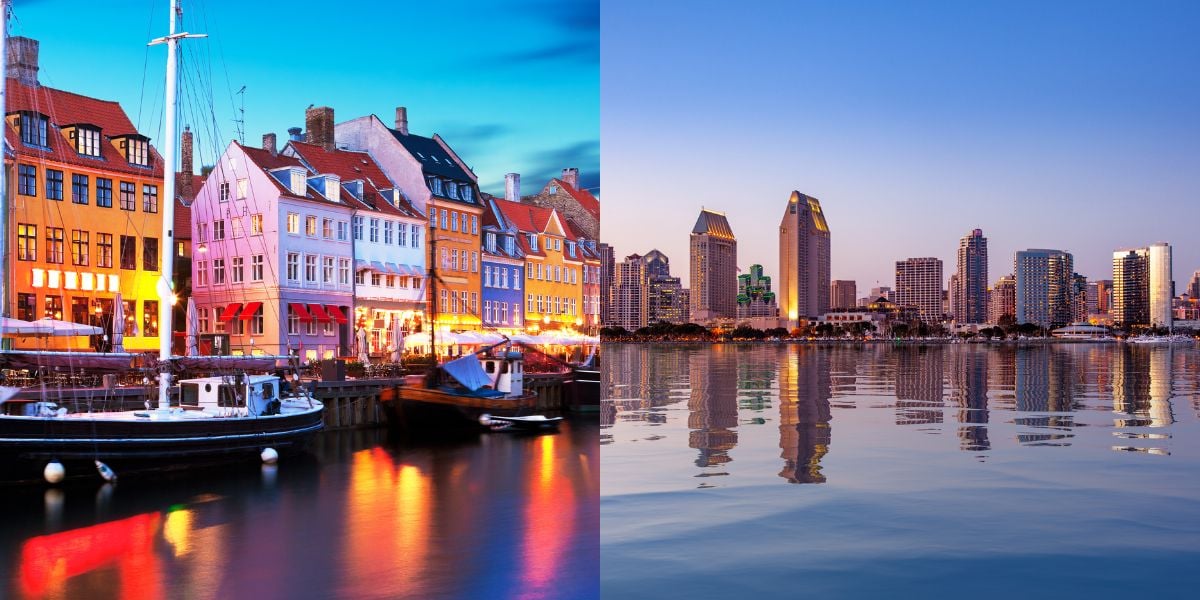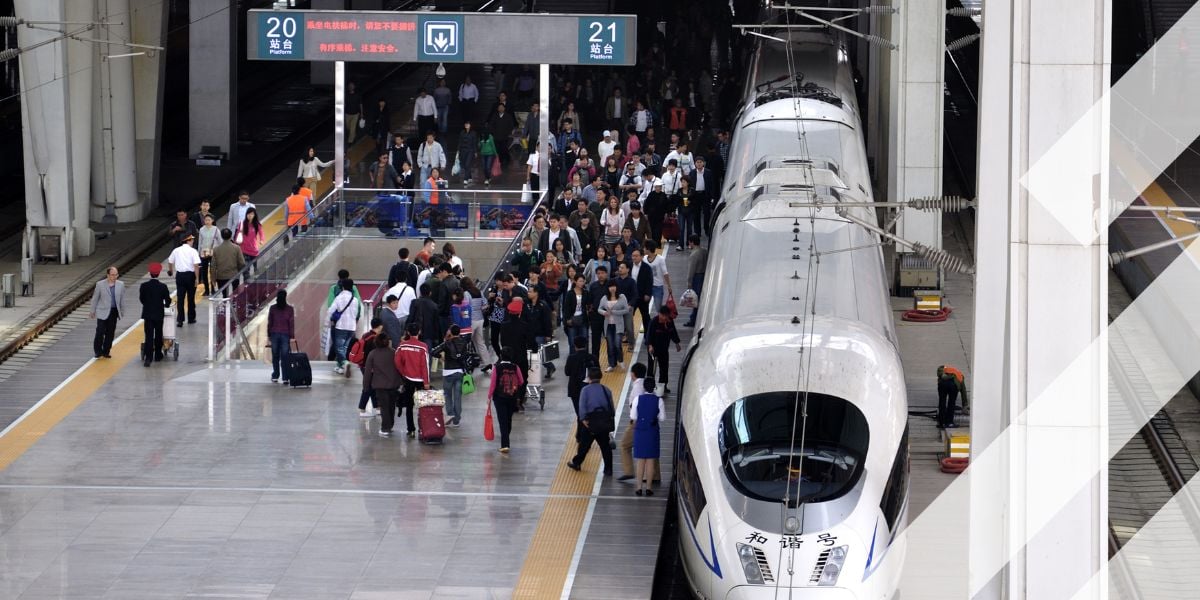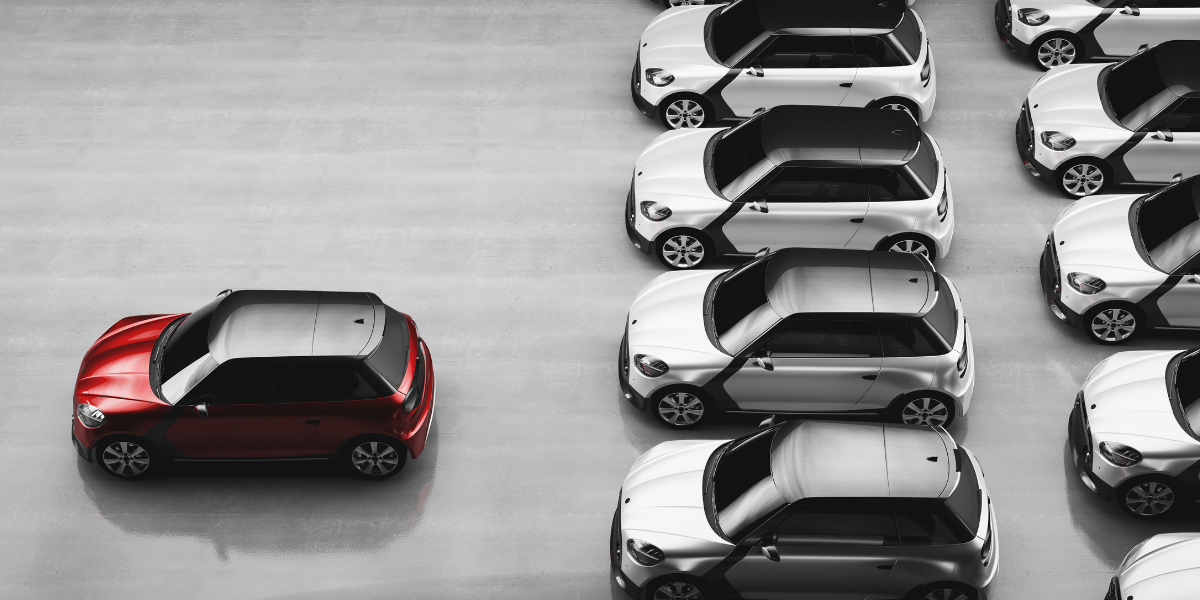A whole new approach to transport and climate change
Intertraffic invited Paul Kompfner, founder of MaaS4Climate (Mobility as a Service for Climate), to give us the benefit of his wisdom on how his and other organisations are tackling the urgent issue of the transport sector’s impacts on climate change, what more still needs to be done and the potential effects if we rest on our laurels and hope we’ve done enough already. The following article has been written from Paul Kompfner his perspective.
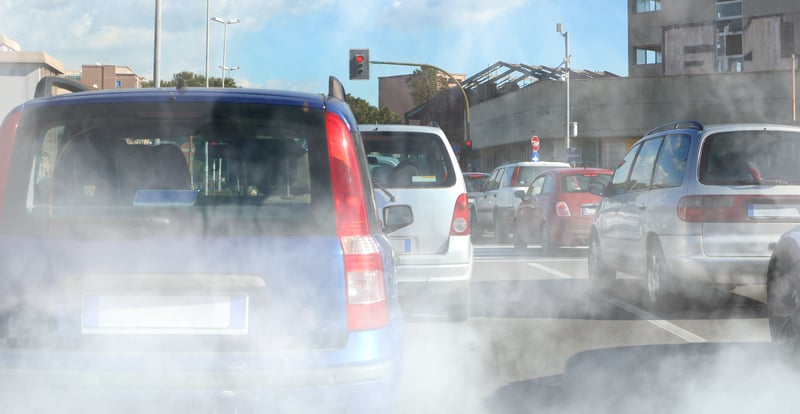
The importance then for global warming is that if you read the IPCC (Intergovernmental Panel on Climate Change) reports we have roughly until 2030, which now is less than eight years away, to make approximately a 50% cut in emissions globally. If we apply that to the transport sector, why not assume that each sector needs to needs to reduce by 50%, then that is a phenomenally tough goal.
The first thing that needs to be done is to set operational goals. Ideally, they should be put into legislation, so that those responsible for emissions can be can be held accountable for meeting the targets. There are legal targets that were set in 2015 in Paris.
"The first thing that needs to be done is to set operational goals. Ideally, they should be put into legislation, so that those responsible for emissions can be can be held accountable for meeting the targets"
They are there to ensure that we take whatever steps necessary to keep global warming to below 2oC above pre-industrial levels and if possible, not more than 1.5o. The COP26 summit in Glasgow last year sought to toughen those targets and from the science it is clear that 1.5o is really a maximum beyond which we get some severe things happening as a result of climate change due to global warming. Some very nasty things, in fact.
So to come back to the transport, the ability to move things and be moved yourself. I try to imagine what life would be like in no more than eight years from now. The idea that the sector will genuinely be delivering 50% less emissions than it produces today, never mind the fact that emissions from the road sector are still going up? The implication being that you need to be able to suddenly stop the upward curve, turn it into a downward curve, and then end up 50% better off than where you are today.
I think that there are two ways to look at that one. Scenario one: nothing else changes, but there's exactly 50% less of it, which means we're looking at half of all trips that are currently made not happening while people are still able to drive cars that emit CO2! Scenario two is that there can be a larger volume of transport and movement, but that it is done in a way that gives 50% less carbon emissions.
One of two things will happen: either we get very quickly to where every means of transport is , in which case you can have more movement, or we keep today’s way, except that it's going to be very difficult to scrap millions and millions of oil-based vehicles suddenly and exceptionally difficult to achieve that 50% cut.
"Either we get very quickly to where every means of transport is zero-emissions, in which case you can have more movement, or we keep today’s way, except that it's going to be very difficult to suddenly scrap millions and millions of oil-based vehicles"
I see that as the high level goal and this is where the transport and mobility sector is very different from the energy production sector, which is characterised by a small number of extremely large players and governments directly. The thing is, everyone moves, everyone travels, everyone receives deliveries, so there's an enormous amount of movement and activity involved in transport. What I think needs to happen is that somehow the undertakings taken at national and UN Global level by individual governments making their nationally determined contributions, which is their more specific commitments to meet the agreed high level targets, that those can somehow be broken down and cascaded down to local, sectoral and individual levels.
Kompfner on... Goals and how to achieve them
There’s a lot of talk and a lot of reporting that seems to think that THE solution in the transport sector is electro-mobility. The automotive industry still seems to be exploiting the fact that sports utility vehicles have become a fashionable trend amongst consumers and they've stopped trying to make them aerodynamic. There was a phase when the drag coefficient was actually a part of the advertising spiel for new cars, and that doesn't appear anymore.
The point here is that at the moment, electric vehicles are between 30 and 50% more expensive than the equivalent oil-fuelled vehicle for private individuals. So there's not a great rush for people to buy an all-electric vehicle and trade in or scrap their internal combustion vehicle. So that transition from the consumer point of view is going to be pretty slow.
Secondly, you need the electricity for your EV to be renewable, otherwise you're not winning. If you're driving your electric vehicle but the electricity is coming from coal- or gas-fired generators, you're not winning. If you have an electric vehicle you need to be able to charge it, quickly and conveniently, not possible for the many people that don't have a garage. If you have your own plot of land and a garage, you can indeed have your own private charger but otherwise it's an equity thing. So the less well off sections of society will always find it hard to buy a fully electric vehicle. For most countries a small proportion of the fleet have now been fully electrified and even then not all of their electricity is 100% green.
"Ideally you need the electricity for your EV to be renewable, otherwise you're not you're not winning. If you're driving your electric vehicle but the electricity is coming from coal- or gas-fired generators, you're not winning"
Kompfner on... Electric dreams
Governments can do a lot more to promote electrification through grants and subsidies and incentives, or through fiscal policy. But if that is going to go on as a background change, that is not going to bring us the all-important 50% cut in less than eight years. The industry also needs to ramp up their production and many of the manufacturers are now on that path but they're not very far down it. They still are sucking the profits out of the internal combustion SUV generation and of course they will continue to do that for economic reasons. So we need another approach.
Governments have, in past oil crises, reduced national level speed limits. I remember the UK oil crisis of 1973 when the speed limit was reduced from 70mph to 60, or in USA where it was cut to 55mph. Now, of course, the crisis is not in oil supply - there's plenty of oil, the problem is with carbon emissions. A reduction in speed limits would, for me, be absolutely one of the first things a government could do, and do it in a way that's coordinated internationally.
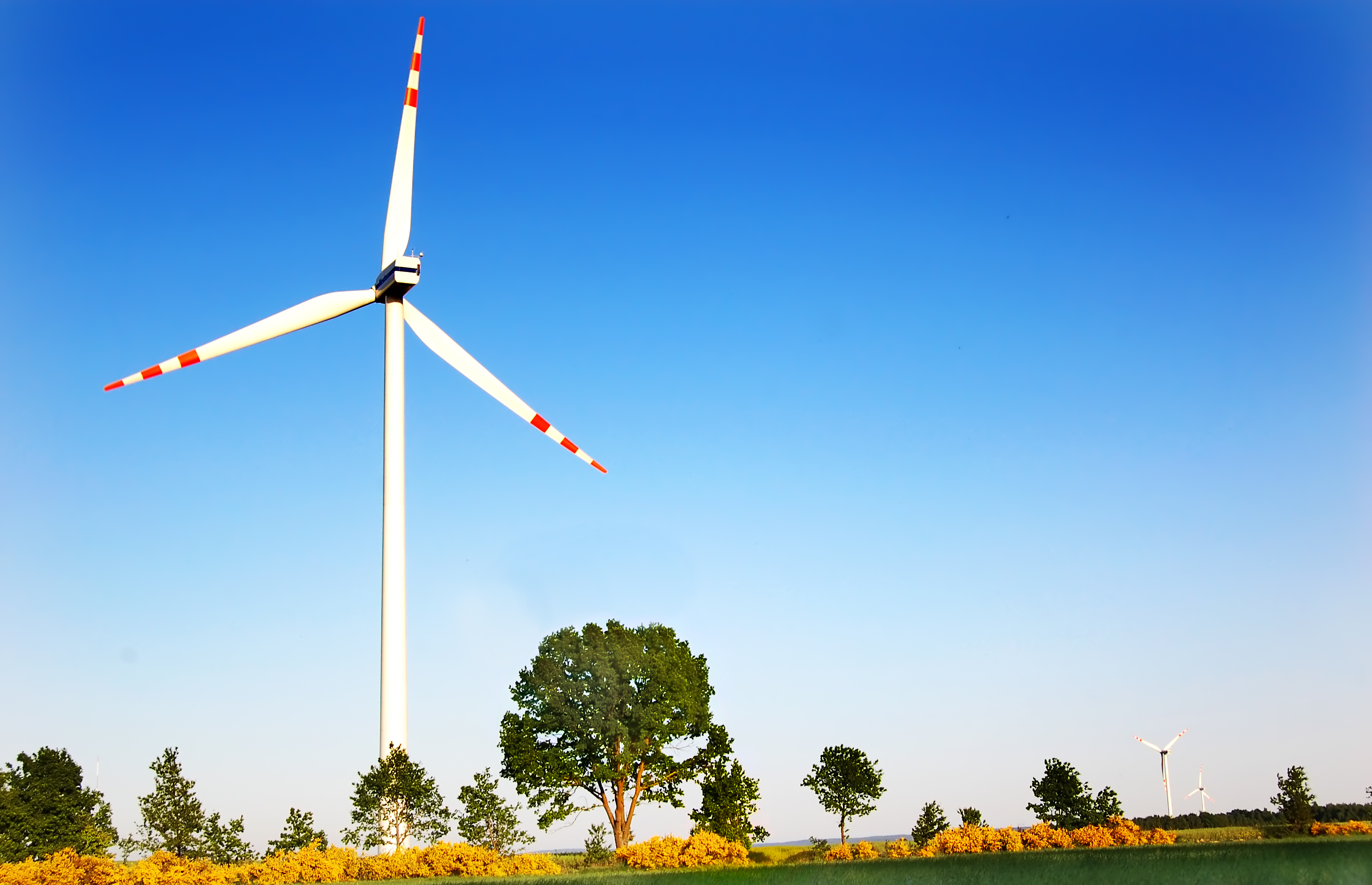
Kompfner on... The tools at our disposal
There are several tools available to us that can help in reducing emissions and one that is coming in widely now is low emission zones, where there can be a charge for entering a zone if your vehicle emits more than a certain level of pollutants, or a road charging scheme with a fee per km driven. These tools can be applied in different ways very quickly. I would say you could certainly implement a scheme within a year: the technology is easy to deploy, and you just need cameras and access to databases and so on. However, it is politically loaded and the UK is a good example. It's a country that's technically advanced and has a lot of the relevant industry there. And yet how many really effective low emission zones or road charging schemes are there in the UK? There are schemes in London but I am struggling to think of any others.
There was talk about Manchester some years ago but it didn’t ever come to anything. So why not? It’s simple: because unless it is promoted within a strong policy framework it's only seen as a vote loser by the politicians afraid that introducing a scheme would get them kicked out of office?
"Unless it is promoted within a strong policy framework, road user charging is only seen as a vote loser by the politicians - and who in their right mind would implement a scheme that would get themselves kicked out of their political office?"
Kompfner on... Maas4Climate in practice
The big question is how do we go about trying to solve this global problem with Mobility as a Service from a local level. First of all - start with the local authority, whatever that government authority is. You might have quite a dense area in the in the middle of town or city with reasonably good public transport, then the further out from the centre you get, the more difficult it is to use public transport and you need more connections but the services are fewer. Once you're out in a rural area, there's often no public transport at all - maybe twice a week or market bus. This has to be kept in perspective and we have to be universal in a number of ways.
To get anywhere near the 50% less use of oil powered vehicles in eight years we need something that is taken up by virtually the entire population of any given country, region, city etc. If I were a local authority I would convene a partnership consisting primarily of the transport operators plus the biggest transport users, such as employers, supermarkets, leisure centres, hospitals, schools, colleges: every entity that is a generator of demand for movement should be coming to that table. A partnership could be formed that might take the form of a company, which could be the Zero Emission Mobility Council, or it could become a public-private company with the business objective of driving down carbon emissions, providing that driving down carbon emissions can be linked to saving money (and generating profit), which I believe in many cases it can.
"To get anywhere near the 50% less use of oil powered vehicles in eight years we need something that is taken up by virtually the entire population of any given country"
Most MaaS schemes today do not include car-only trips (unless by shared car). MaaS4Climate explicitly would include car trips, including end-to-end trips made by the users’ own car. There are people in rural areas, for example, where their own car will be the best option for them – so how would you get them to buy into a MaaS scheme? Do you offer them an incentive? Ideally, the benefit would be that you offer them a mobility option that is of lower emission or , but that delivers whatever the accessibility and mobility requirements of the user happen to be.
We need to make some changes here and one big change is that you would still need, as a user, to have some interface to the to the universal mobility service provider in which you would say where are you, where you want to go, and any parameters like what time you need to arrive, whether you need a wheelchair, whether you've got shopping and so on. So, this information still needs to be input and so people need to trust the system but they also need to be willing to use it.
Kompfner on... Supply and demand vs demand and demand
But suppose then you put in your journey request. At the moment the Traffic Management Centre has no idea of what is coming towards it. Now they have no access to the travel demand information a MaaS service provider has for those trips where their subscribers are making a trip request into the MaaS system and getting a personalised MaaS service out of it. Suppose you could include car trips, and you provide all of this demand data, you even federate it in a way that you could deliver it in real time, including short-term forecasted demand by individual car users for the use of the highway network.
If you had that information comprehensively for a substantial number of the trips, you could, as a traffic manager, balance flows in a way that maximises the throughput of your network and minimises the risk of disruptions and congestion. Suppose a driver puts in their trip request to the universal mobility system, which then balances everything out and comes back for that particular trip saying, “Well, if you leave at this time, if you follow this route, you will arrive at your destination with a certain percentage reliability.” By doing that consistently you're able to produce a more reliable trip with less variability, fewer incidents, fewer delays, less congestion and you can then channel the flows of traffic. This would not be a full “Green Wave” – we could call it a Greenish Wave that provides a journey at least smoother, where they're more likely to find a green light – and less likely to be stopped at a red light - by following that system.
"Suppose you could include car trips as part of the MaaS framework, and you provide all of this demand data, you even federate it in a way that you could deliver it in real time, including short-term forecasted demand by individual car users for the use of the highway network"
This also means following the recommended route means following the speeds as well. So the speed and the route and the time would be advised by the central system. It would not be obligatory, but I believe that people would sign up to that, or their companies would sign up on their behalf.
Kompfner on... The need for speed
Progress is being made in wind power, solar power, insulation, so all these things are going on in the background and crucially they are, globally speaking, reducing the emissions of their sectors. The one sector that is not reducing its emissions, as mentioned earlier, is the transport sector. There's so much fragmentation but I think the risk is in reality that on current trends, the total emissions from the transport sector may be larger in 2030 than in 2022.
It's hard to predict how quickly the electrification will work. In terms of heavy goods vehicles, I haven't yet seen a convincing zero emissions solution, apart from hydrogen, but the idea of putting overhead electric supply over a “freight superhighway” or designated “freight corridors”? Quite frankly I don't see that happening quickly or at least quickly enough. And you don't need me to tell you what the IPCC is predicting will be the fate of the world if we if we don't stay below 1.5oC.

"The idea of putting overhead electric supply over a “freight superhighway” or designated “freight corridors” - quite frankly I don't see that happening quickly or at least quickly enough"
The IRF (International Road Federation) believes that the solution is in an Alliance for ITS for Climate Impact Mitigation, because we think that what is needed is a comprehensive toolkit capable of delivering that 50% cut by 2030. IRF Global’s task force on ITS for Climate Impact Mitigation has produced a report explaining its reasoning and promoting the use of a “top-10” set of tools for decarbonising transport and mobility: https://www.irf.global/assets/pdf/IRF-ICIM-report.pdf.
Every one of those tools needs to be applied everywhere, however. We want to start with a small number of pioneer champions, from the public sector, from the road operator sector, from the ITS industry sector and service provider sectors. They should come together, driven by those governments that have taken onboard the gravity of the situation and made national commitments that are credible because they've actually set out a credible plan for achieving.
I must say that I am very encouraged by SWARCO, Yunex Traffic and Kapsch coming together and making a joint declaration at the World Economic Forum in Davos last month, agreeing that the ITS industry needs to work together on this. For me, this would be the starting point of a movement that should lead very quickly to setting up something of an observatory of ITS for Climate so that we could gather much more evidence of how effective ITS can be for reducing emissions.
"I am very encouraged by SWARCO, Yunex Traffic and Kapsch coming together and making a joint declaration at the World Economic Forum in Davos last month, agreeing that the ITS industry needs to work together on climate change. For me, this could be the starting point of a movement"
Kompfner on... Risk and reward
I would like to end this article with an appeal to the readers of this newsletter or website. If you are interested in becoming a member of such an alliance or being a founder member of such an alliance as I have outlined above then please get in touch with the IRF.
This sector will go on being fragmented and progress will be very slow, otherwise. How are we going to achieve these goals? That 50% target needs to be operationalized for every big employer, for every school, every college, hospital, local authority: everybody needs to take that on board and do their part. It isn't just behaviour change – it’s a requirement. It will need new investment, but it’s investment that will produce tangible benefits and economic returns for people and businesses. Of course, there is money in it. But even where there isn’t an immediate profit, there should still be concrete rewards for reducing carbon emissions to a sustainable level.
Thank you.
For more information on MaaS4Climate contact Paul Kompfner at paul.kompfner@maas4climate.com or visit http://www.its4climate.com
For more information on the IRF and its recent climate report visit http://www.irf.global or email b.halleman@irf.global
Share your story
Do you have an innovation, research results or an other interesting topic you would like to share with the professionals in the infrastructure, traffic management, safety, smart mobility and parking industry? The Intertraffic website and social media channels are a great platform to showcase your stories!
Please contact our Sr Brand Marketing Manager Carola Jansen-Young.
Are you an Intertraffic exhibitor?
Make sure you add your latest press releases to your Company Profile in the Exhibitor Portal for free exposure.
